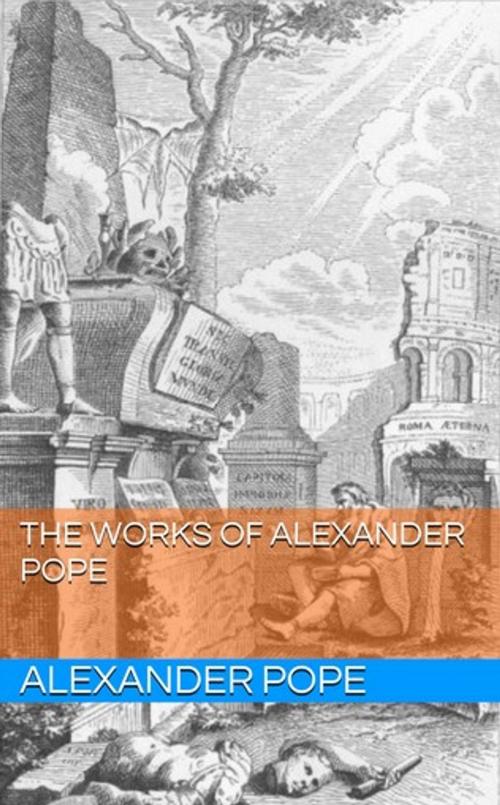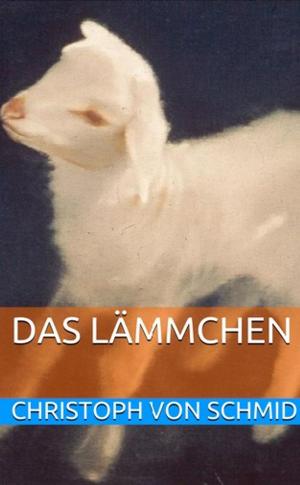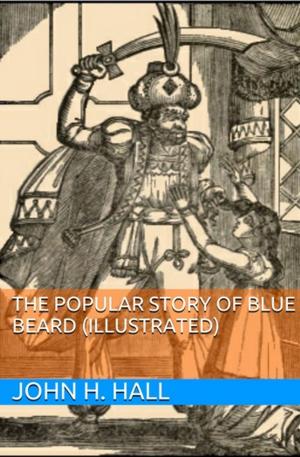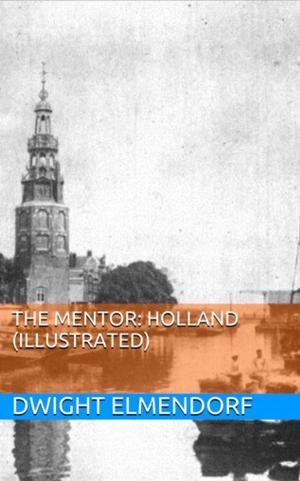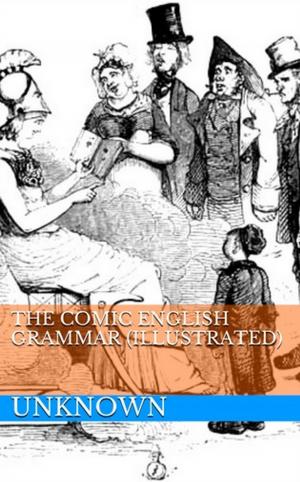| Author: | Alexander Pope | ISBN: | 1230000154276 |
| Publisher: | Lost Leaf Publications | Publication: | July 23, 2013 |
| Imprint: | Language: | English |
| Author: | Alexander Pope |
| ISBN: | 1230000154276 |
| Publisher: | Lost Leaf Publications |
| Publication: | July 23, 2013 |
| Imprint: | |
| Language: | English |
The Works of Alexander Pope:
Contains Several Hundred Unpublished Letters, and Other New Materials
AN ESSAY ON CRITICISM.
Written in the year 1709. With the Commentary and Notes of W. Warburton, A.M. 4to.
The Essay on Criticism has no date, but on the title page of the "Essay on Man," which appeared in the same volume is, "London: Printed by W. Bowyer for M. Cooper, at the Globe in Pater-Noster Row. 1743." Pope, writing to Warburton on October 7, 1743, says, "I have given Bowyer your comment on the Essay on Criticism this week, and he shall lose no time with the rest." On Jan. 12, 1744, he tells his commentator that the publication had been delayed by the advice of Bowyer, and on Feb. 21, he writes word that he shall keep it back till Warburton goes to town. There is no doubt that the edition was printed in 1743, and published in 1744.
In the year 1709 was written the Essay on Criticism, a work which displays such extent of comprehension, such nicety of distinction, such acquaintance with mankind, and such knowledge both of ancient and modern learning, as are not often attained by the maturest age and longest experience. It was published about two years afterwards, and being praised by Addison in the Spectator, with sufficient liberality, met with so much favour as enraged Dennis, "who," he says, "found himself attacked without any manner of provocation on his side, and attacked in his person, instead of his writings, by one who was wholly a stranger to him, at a time when all the world knew he was persecuted by fortune; and not only saw that this was attempted in a clandestine manner, with the utmost falsehood and calumny, but found that all this was done by a little affected hypocrite, who had nothing in his mouth at the same time but truth, candour, friendship, goodnature, humanity, and magnanimity." How the attack was clandestine is not easily perceived, nor how his person is depreciated; but he seems to have known something of Pope's character, in whom may be discovered an appetite to talk too frequently of his own virtues. Thus began the hostility between Pope and Dennis, which, though it was suspended for a short time, never was appeased. Pope seems, at first, to have attacked him wantonly; but though he always professed to despise him, he discovers, by mentioning him very often, that he felt his force or his venom.
Table of Contents:
AN ESSAY ON CRITICISM.
APPENDIX.
THE COMMENTARY AND NOTES OF W. WARBURTON ON THE ESSAY ON CRITICISM.
RAPE OF THE LOCK.
ELEGY TO THE MEMORY OF AN UNFORTUNATE LADY.
ELOISA TO ABELARD.
AN ESSAY ON MAN.
THE ARGUMENT.
THE UNIVERSAL PRAYER.
APPENDIX.
NOTES on "An Essay on Man".
NOTES OF W. WARBURTON ON THE UNIVERSAL PRAYER.
FOOTNOTES.
The Works of Alexander Pope:
Contains Several Hundred Unpublished Letters, and Other New Materials
AN ESSAY ON CRITICISM.
Written in the year 1709. With the Commentary and Notes of W. Warburton, A.M. 4to.
The Essay on Criticism has no date, but on the title page of the "Essay on Man," which appeared in the same volume is, "London: Printed by W. Bowyer for M. Cooper, at the Globe in Pater-Noster Row. 1743." Pope, writing to Warburton on October 7, 1743, says, "I have given Bowyer your comment on the Essay on Criticism this week, and he shall lose no time with the rest." On Jan. 12, 1744, he tells his commentator that the publication had been delayed by the advice of Bowyer, and on Feb. 21, he writes word that he shall keep it back till Warburton goes to town. There is no doubt that the edition was printed in 1743, and published in 1744.
In the year 1709 was written the Essay on Criticism, a work which displays such extent of comprehension, such nicety of distinction, such acquaintance with mankind, and such knowledge both of ancient and modern learning, as are not often attained by the maturest age and longest experience. It was published about two years afterwards, and being praised by Addison in the Spectator, with sufficient liberality, met with so much favour as enraged Dennis, "who," he says, "found himself attacked without any manner of provocation on his side, and attacked in his person, instead of his writings, by one who was wholly a stranger to him, at a time when all the world knew he was persecuted by fortune; and not only saw that this was attempted in a clandestine manner, with the utmost falsehood and calumny, but found that all this was done by a little affected hypocrite, who had nothing in his mouth at the same time but truth, candour, friendship, goodnature, humanity, and magnanimity." How the attack was clandestine is not easily perceived, nor how his person is depreciated; but he seems to have known something of Pope's character, in whom may be discovered an appetite to talk too frequently of his own virtues. Thus began the hostility between Pope and Dennis, which, though it was suspended for a short time, never was appeased. Pope seems, at first, to have attacked him wantonly; but though he always professed to despise him, he discovers, by mentioning him very often, that he felt his force or his venom.
Table of Contents:
AN ESSAY ON CRITICISM.
APPENDIX.
THE COMMENTARY AND NOTES OF W. WARBURTON ON THE ESSAY ON CRITICISM.
RAPE OF THE LOCK.
ELEGY TO THE MEMORY OF AN UNFORTUNATE LADY.
ELOISA TO ABELARD.
AN ESSAY ON MAN.
THE ARGUMENT.
THE UNIVERSAL PRAYER.
APPENDIX.
NOTES on "An Essay on Man".
NOTES OF W. WARBURTON ON THE UNIVERSAL PRAYER.
FOOTNOTES.
